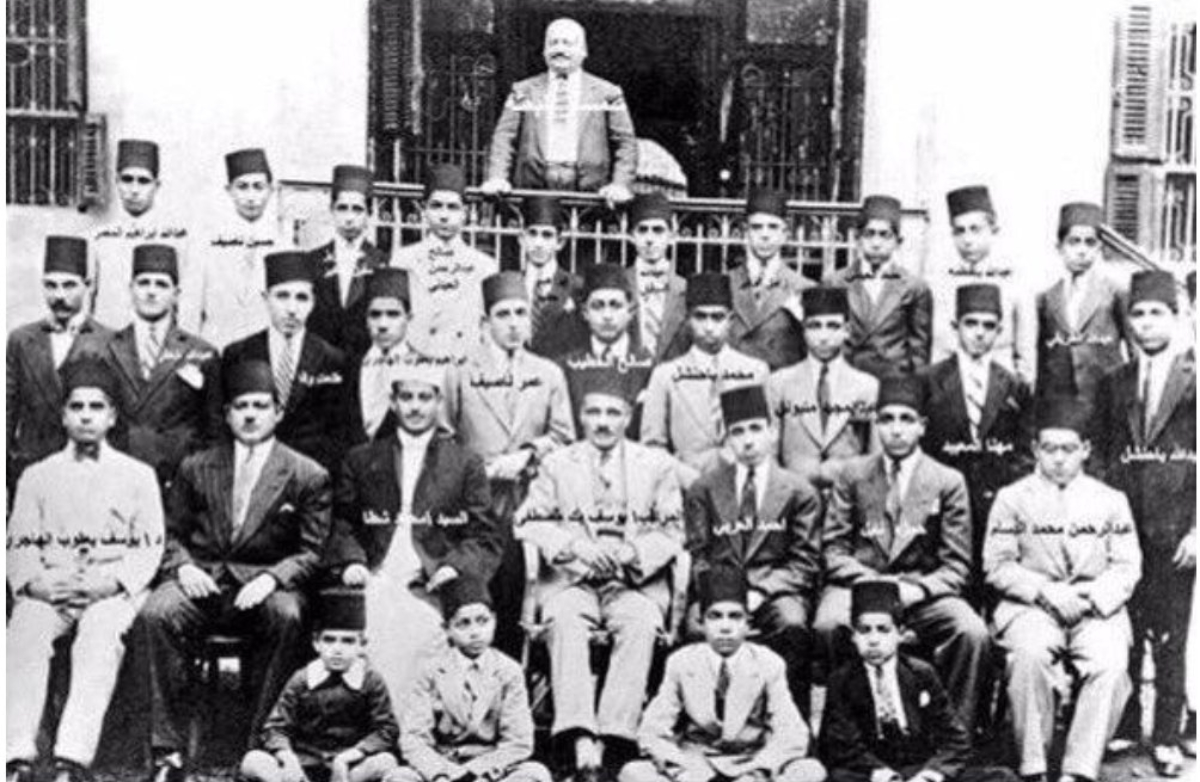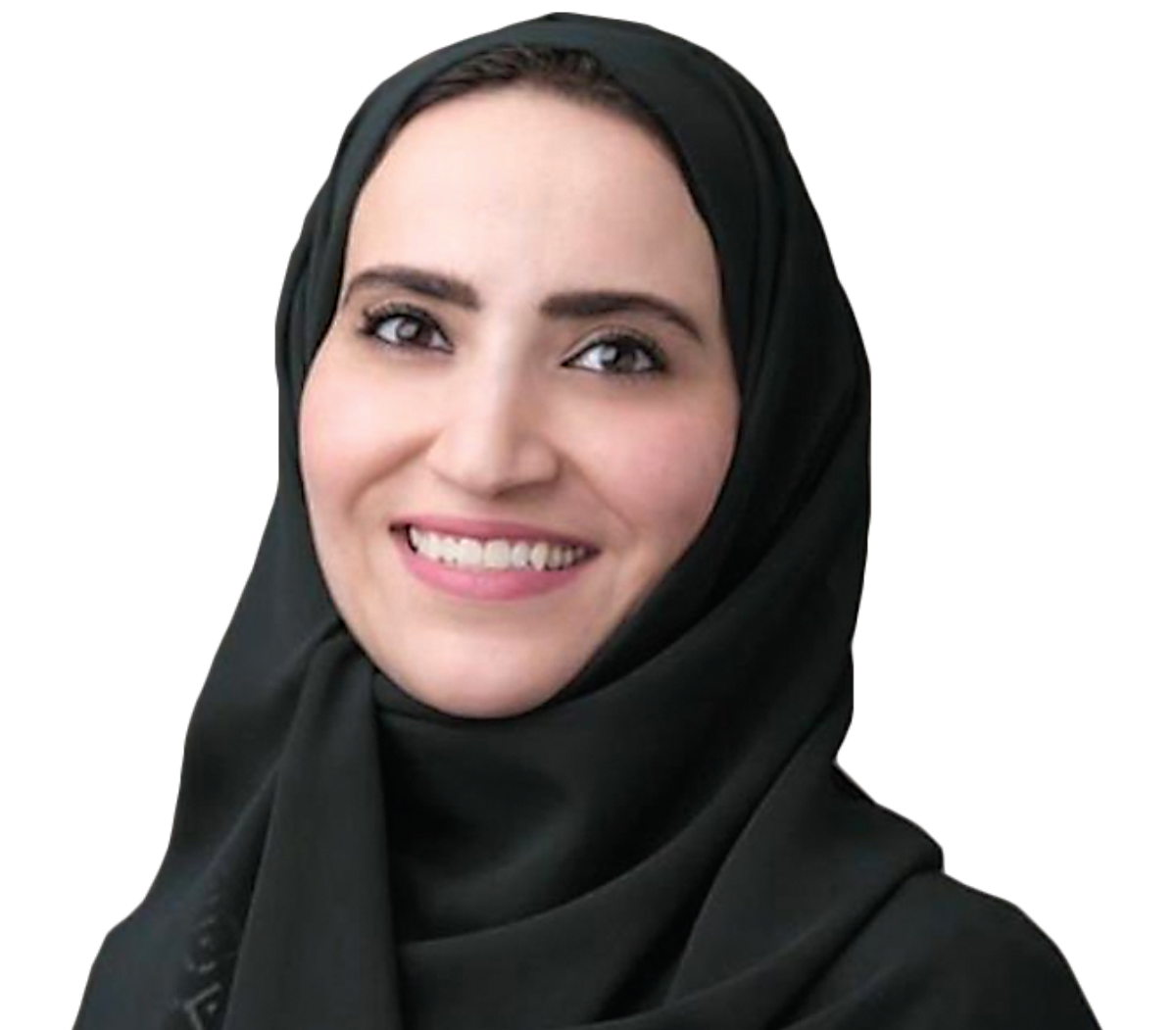RIYADH: The Kingdom’s decades-old international scholarship program has been one of the pillars of the country’s transformation in training and education.
The Saudi government began offering students the opportunity to study abroad for the first time in 1927, when King Abdulaziz provided backing for their education in Egypt.
The first group graduated in 1935, specializing in Islamic law, medicine, mechanics and agriculture.

A rare photo of the first Saudi scholarship mission to Egypt in 1927. (Supplied)
They studied at Al-Azhar University, King Fouad I University, which was renamed Cairo University in 1952, and Victoria College, which has been renamed the University of Alexandria.
In 1936, the government began to send students to Europe, and in 1952, the first group graduated from American universities.
Egypt remained the main destination for students during the reign of King Abdulaziz.
HIGHLIGHTS
• The Kingdom’s scholarships for international education began in 1927, under the reign of King Abdulaziz.
• The first group graduated from Egypt in 1935, specializing in Islamic law, medicine, mechanics and agriculture.
• In 1936, the government began to send students to Europe.
• In 1952, the first group graduated from American universities.
• The current Saudi scholarship program, revamped by Crown Prince Mohammad bin Salman, has four main tracks.
• It aims to send 70,000 male and female students to more than 251 cities in 15 countries.
The 1970s was a time of significant social and cultural development in the Kingdom and marked by an increase in the number of students on scholarships abroad.
According to a report by the Institute of International Education in New York, there were about 10,440 Saudi students studying in the US during the reign of King Khaled. There was a significant rise in numbers under King Fahd.

Dr. Amal Shuqair, Saudi deputy minister for scholarships
According to Dr. Amal Shuqair, the deputy minister for scholarships at the Ministry of Education, when the Custodian of the Two Holy Mosques’ Scholarship Program was launched by King Abdullah in 2005, “there was a qualitative shift in scholarship linked to a long-term strategy that (took into account) promising Saudi projects.”
In March 2022, Crown Prince Mohammed bin Salman revamped the program for students to gain quality higher education in preparation for the Kingdom’s next phase of development.
New enriching experiences, keeping pace with science and exchanging experiences with other minds, is what scholarship provides for students.
Dr. Amal Shuqair, Saudi deputy minister for scholarships
The current Saudi scholarship program has four main tracks. The Pioneer track seeks to send Saudis to the top 30 universities worldwide across all subjects. The Research and Development track aims to grant scholarships to the top 200 universities worldwide in various priority fields.
The Provider track allows students to study at 200 of the world’s top universities and institutions so that they can fill jobs that are in high demand. The Promising track aims to educate, train, and enhance the capabilities of Saudis in various sectors and fields.
According to Shuqair, by 2030 the program “aims to send 70,000 male and female students to more than 251 cities in 15 countries that have strong relations with the Kingdom, and are scientifically and economically advanced in several fields.”
Despite the changes made to the program over the years, the mission remains the same — to educate all Saudis.
The Kingdom’s efforts has resulted in a total of 14 Saudi universities listed in the QS World University Rankings by Subject in 2022, compared to nine in 2019. King Abdulaziz University holds the top spot for the 2023 QS Arab Region University Rankings.
Shuqair said that the program would always remain important as “an indispensable qualitative addition, regardless of the level of education in a country.”
Shuqair added that “new enriching experiences, keeping pace with science and exchanging experiences with other minds, is what scholarship provides for students.”














